The Lazkano case tests the reliability of the biological passport and the credibility of cycling
As always, when a sanction based on biological passport data occurs, there are voices that question a method that does not sanction through the direct detection of a prohibited substance in the cyclist's body but seeks the changes that the use of these substances would produce in the body by studying the data collected during controls. If any blood parameter or any other marked parameter is altered without explanation, the UCI considers it sufficient grounds for sanction.

The controversy over the validity of the biological passport returns after Oier Lazkano's positive
A person is caught next to a corpse with bloodied hands and a knife in hand. Logic would tell us that, although no one has seen the homicide, the author is this person. However, someone might argue that the man was passing by, tried to assist the victim by removing the knife, and that’s how the scene appeared. Which option is more likely to have happened?
After the dark years of cycling in the 1990s and the beginning of the 21st century, doping was widespread in the peloton, as has been known over time, especially that aimed at improving cyclists' blood values in order to obtain a greater capacity to transport oxygen from the lungs to the muscles and thus gain in aerobic efficiency, essential in an endurance sport like cycling.
RECOMENDADO

What happens if you exceed your maximum heart rate? Risks of pushing yourself to the limit
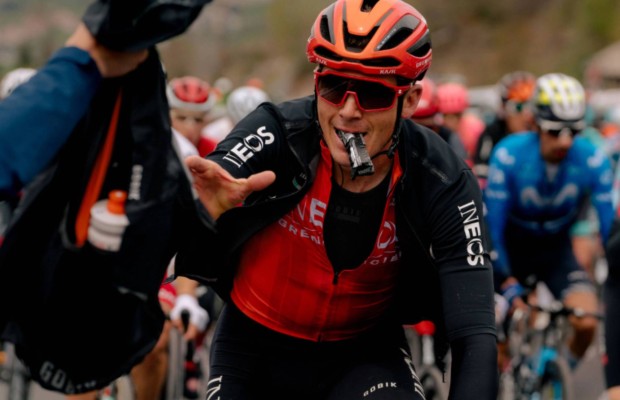
What are nitrates and why will they give you an extra boost in your performance on the bike?

How to wash your bike at a gas station without ruining it

Tips for staying motivated to go out riding when cold, rain or night lurk
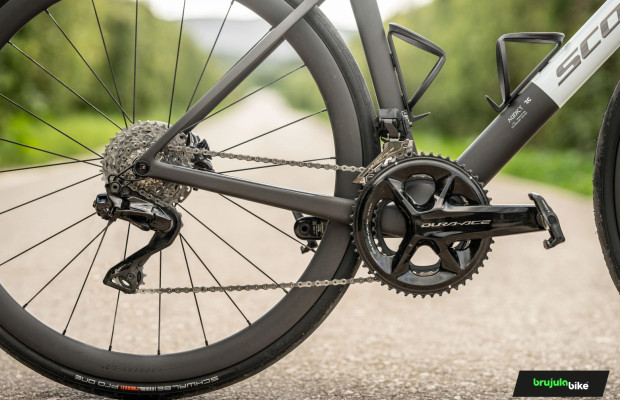
How to choose the right crankset and cassette: a guide to find the right ratio and extend the life of your bike

Complete 2026 UCI WorldTour calendar and key dates: the show begins
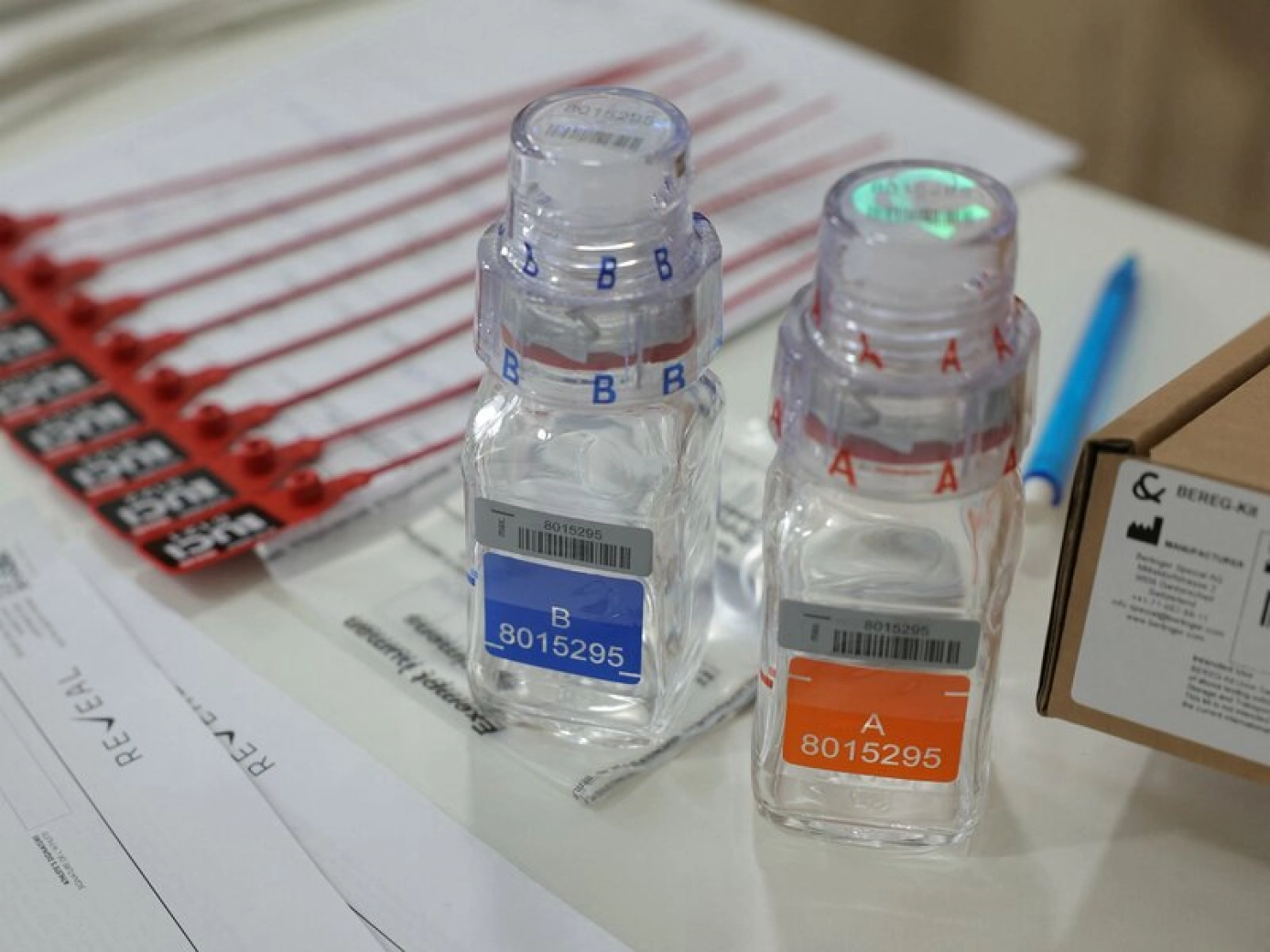
The famous EPO or blood transfusions were the order of the day as methods used to improve performance, and the doctors who performed these practices had reached such a level of perfection with the doses and timing of when to apply these methods that, if the cyclist did not lose their head, it was very complicated for them to be caught in a control.
The UCI, in collaboration with the AMA, the World Anti-Doping Agency, had to implement new ways to pursue cheaters. Among these new tools was the ADAMS system, with which cyclists must constantly declare their whereabouts so that AMA controllers can show up and conduct surprise checks. The other major tool that changed everything and helped cycling regain much of its credibility was the biological passport.
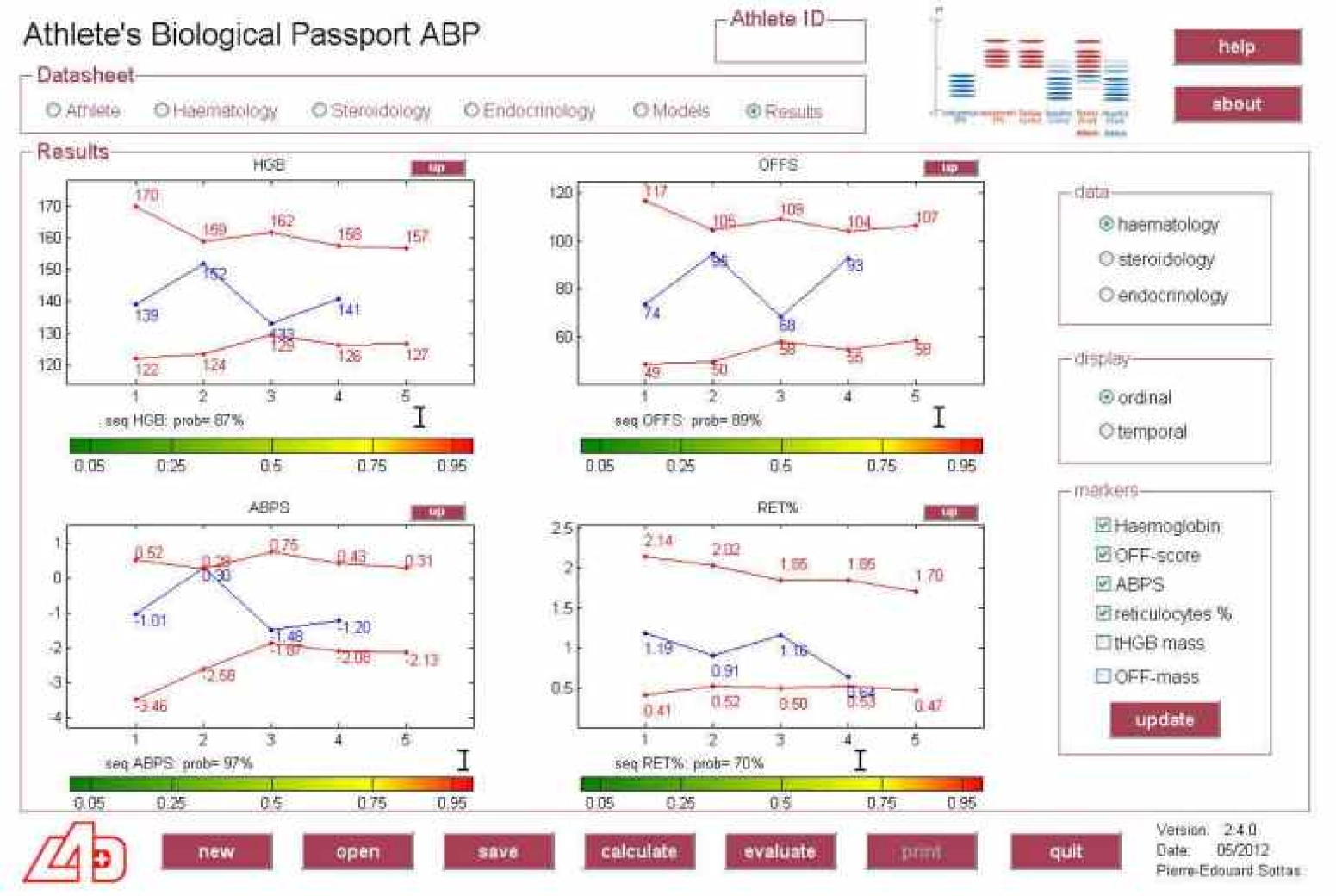
The biological passport is nothing more than a profile of the cyclist's blood data along with other parameters. Information obtained from analyses performed on both blood and urine collected during the multiple anti-doping controls to which they are subjected. Thanks to this profile, it is possible to determine what the usual values are for that cyclist and how they evolve throughout the different phases of the season.
If an unexplainable variation occurs due to natural causes in any of the values, alarms go off. If the cyclist cannot justify the cause of the alterations, it leads to what happened in the case of Oier Lazkano, and the UCI initiates a sanctioning procedure that can last up to 4 years without being able to compete.

However, as is often the case with all those affected by the shadow of sanction, Oier Lazkano has not taken long to speak out to defend his innocence, "I have never used doping substances or prohibited methods. I will defend my name and my professional dignity."
However, despite the long legal battle that those involved in cases of sanctions for anomalies in the biological passport face, the reality is that appeals rarely succeed, mainly because the alterations cannot be justified even though no doping substance has been detected in routine controls.
Those opposed to the biological passport argue that there are many causes, many of which have not been adequately studied, that can produce these alterations and that this tool undermines the presumption of innocence of the cyclist, assuming that if there is an anomaly, it is because they are guilty while forcing them to justify the origin of the suspicious parameters.
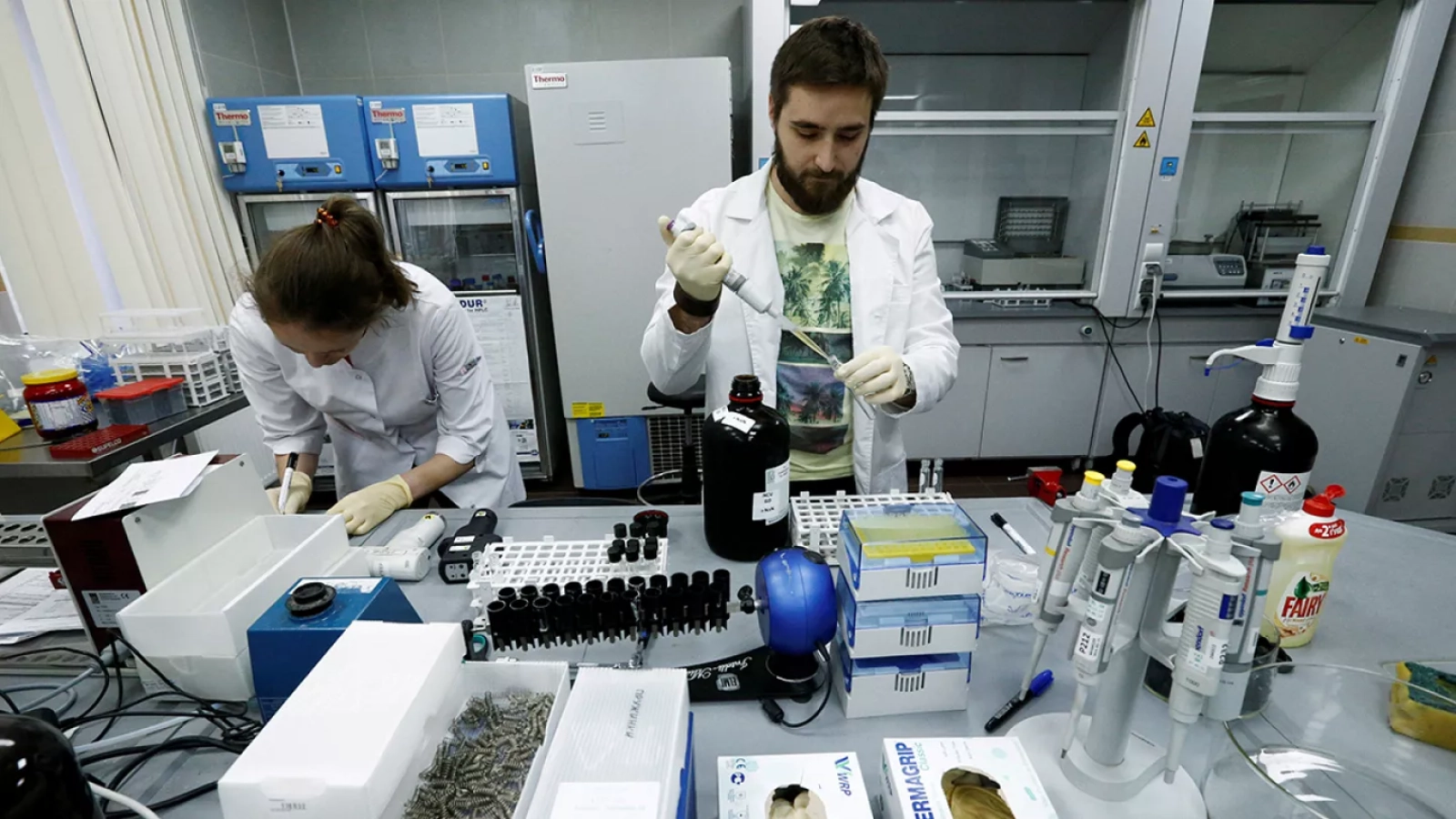
But, if history has taught us anything, not to mention figures like Tour de France winners Bjarne Riis or Lance Armstrong, it is that throughout their careers they were using EPO and other substances without testing positive in any control. In fact, today there is talk of using microdoses of different substances so that they are quickly eliminated from the body to avoid detection in ordinary controls and, at the same time, do not produce such significant improvements that would expose the cyclist in the biological passport, which would be like playing at the limit of legality. It would be something like driving at 130 km/h on a highway limited to 120. It is complicated to get fined, but you can get distracted, not brake at a radar, and get caught.
In fact, of all those sanctioned through biological passport data, only in two cases did the cyclists end up acquitted after various appeals and an intense legal battle. These are Roman Kreuziger, who managed to have the UCI withdraw the sanction proposal after arguing that the changes in his parameters were related to a thyroid problem. The other acquitted was the Basque cyclist Ibai Salas, although in his case it was the ordinary justice system that rejected the use of the biological passport due to doubts about the veracity that this method can offer. A path that Oier Lazkano will now have to undertake if he wants this not to mean the end of his sports career.
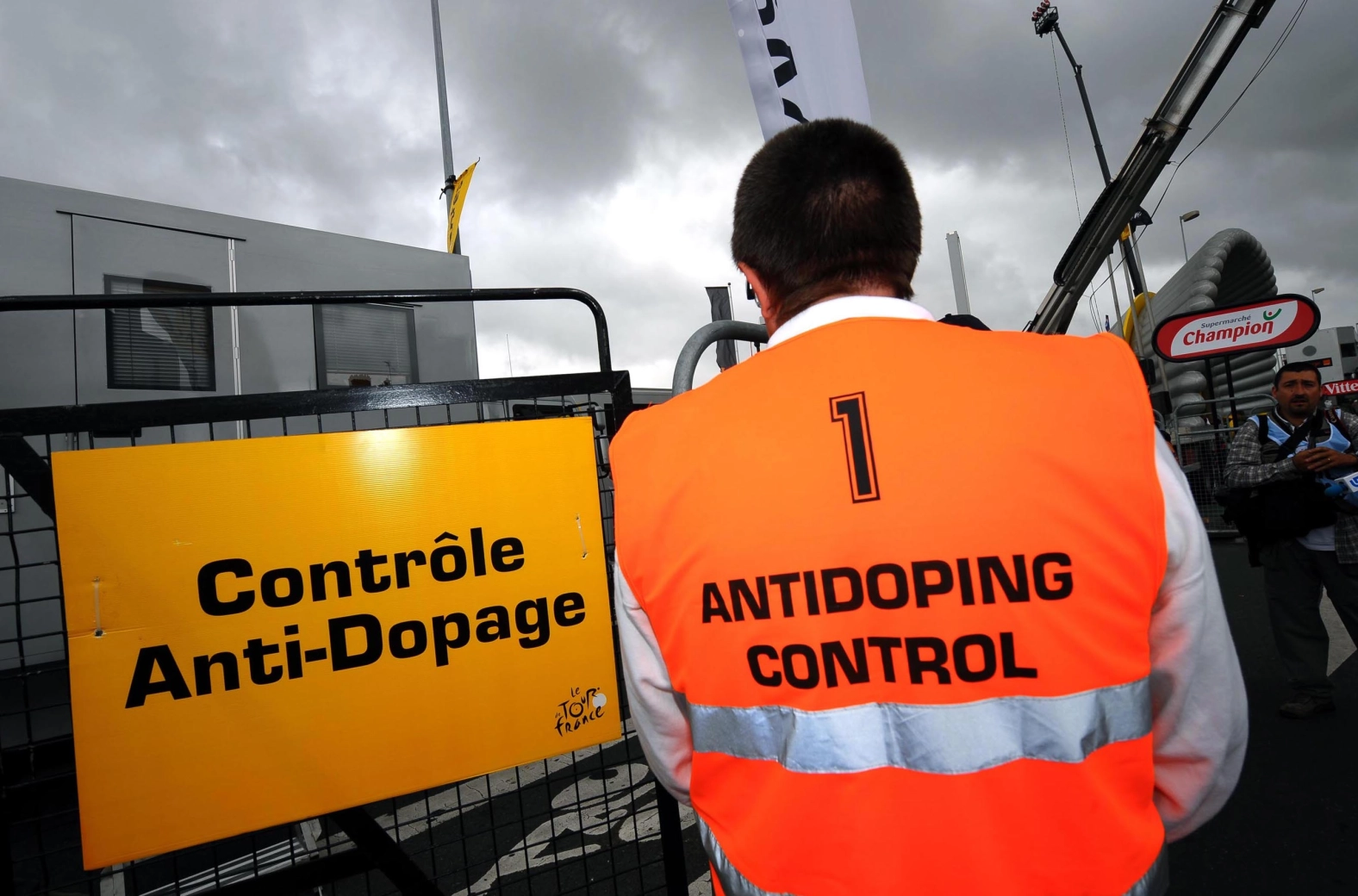
However, since the aforementioned cases, the UCI ensures that the evidence is completely clear before initiating a sanctioning procedure through the biological passport. This is why, in the case of Oier Lazkano, the anomalies had been detected over the last three years until they decided they had enough evidence to promote the sanction against the cyclist from Vitoria.
In any case, what no one can deny is that cycling has changed a lot since that first decade of the 2000s, when positive announcements were a constant drip that undermined the credibility of cycling and drove away the public and sponsors. The implementation of ADAMS and the biological passport marked a before and after that has made it much more difficult for cheaters to seek improvements beyond training, nutrition, or altitude training.
Obviously, cheating has not disappeared, as we mentioned earlier about microdoses of prohibited substances or therapeutic authorizations to consume certain medications, apart from any doping system that has not yet come to light; however, the situation has little in common with those years of the 90s and 2000s.